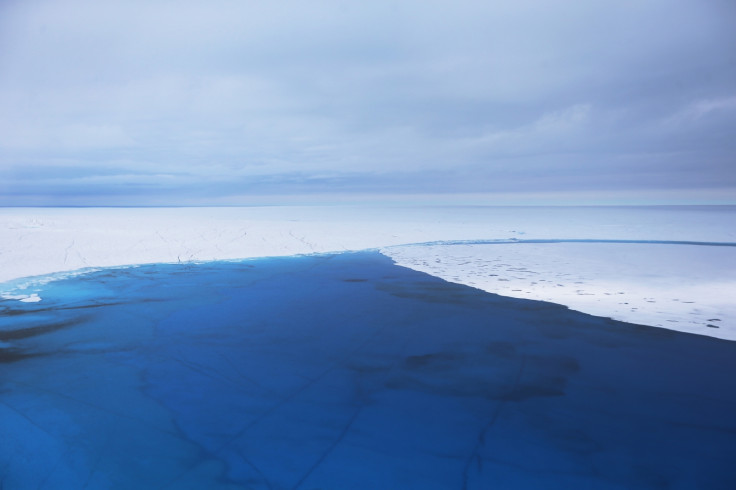Climate Change: Leaked United Nations Report Reveals 'Irreversible Damage' from Global Warming

Severe, irreversible and widespread damage to the planet may be inevitable unless faster action is taken to reduce fossil fuel emissions, a leaked United Nations report has warned.
The report states further pollution will contribute to the problems of rising temperatures and melting ice, raising the likelihood of "severe, pervasive and irreversible impacts for people and ecosystems".
"Without additional mitigation, and even with adaptation, warming by the end of the 21st century will lead to high to very high risk of severe, widespread and irreversible impacts globally," the UN Intergovernmental Panel on Climate Change said in the draft.
Drawing on hundreds of papers on global warming, the report presents the scientific and economic analysis to policymakers and government leaders worldwide.
The draft, which was obtained by Bloomberg, is dated 25 August and is still a "work in progress", according to the IPCC. The final report is scheduled to be published in November in Copenhagen.
IPCC Chairman Rajendra Pachauri said in a statement from the IPCC office in Geneva that the report will "provide policymakers with a scientific foundation to tackle the challenge of climate change".
By the end of next year, countries intend to broker an "international agreement to limit climate change". The attention of the report focused on rhetoric ahead of talks in Paris in 2014 on agreeing international action to reduce greenhouse gas emissions.
The 27-page document stated global temperatures have increased by 0.85 of a degree since 1980, faster than the climate shift that ended the last ice age around 10,000 years ago.
Such rapidly rising temperatures leads to reduced crop production, rising sea levels, glacial melting and heatwaves, according to the report.
Permanent changes include the melting of the ice sheet covering Greenland, the second-largest ice body in the world after the Antarctic ice sheet.
Increasing sea levels by as much as seven metres, the melting of the ice would threaten coastal cities such as Miami and Bangkok, while leading to acidification of the oceans.
The authors of the report said they had "medium confidence" that a warming of less than 4C over 1,000 years would be enough to trigger the melt.
Raising surface air temperatures as a result of global warming is expected to lead to a significant sea-level increase of 10in.
"Many aspects of climate change and associated impacts will continue for centuries, even if anthropogenic emissions of greenhouse gases cease," the report reads.
"The risk of abrupt and irreversible change increases as the magnitude of the warming increases."
The cost of delaying action in counteracting climate change is also a factor and postponing work until 2030 could raise the cost by 44% through to 2050.
"Warming of the climate system is unequivocal and since the 1950s, many of the observed changes are unprecedented over decades to millennia," the researchers said, as reported by USA Today.
"The atmosphere and ocean have warmed, the amounts of snow and ice have diminished, and sea levels [have] risen."
© Copyright IBTimes 2025. All rights reserved.






















